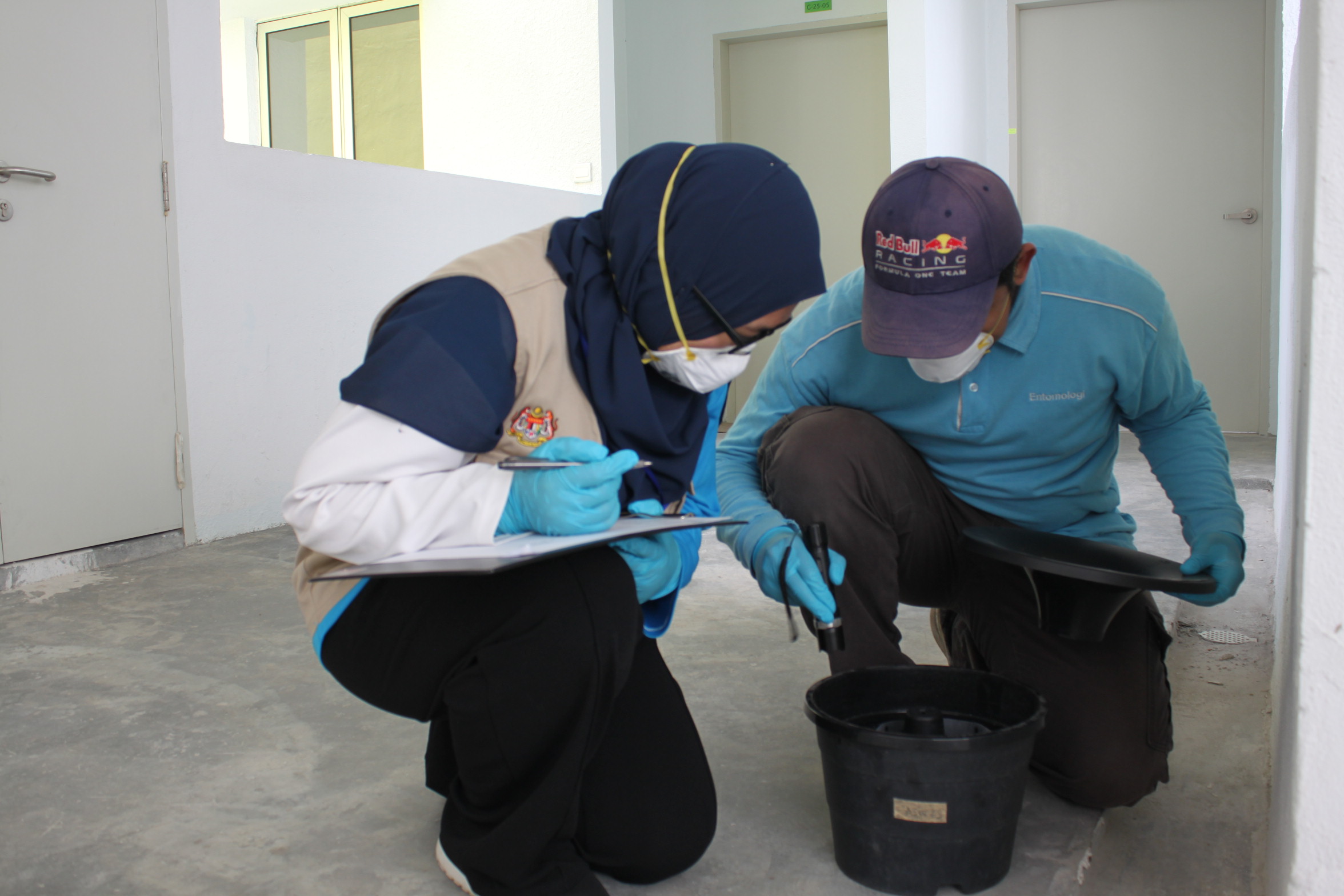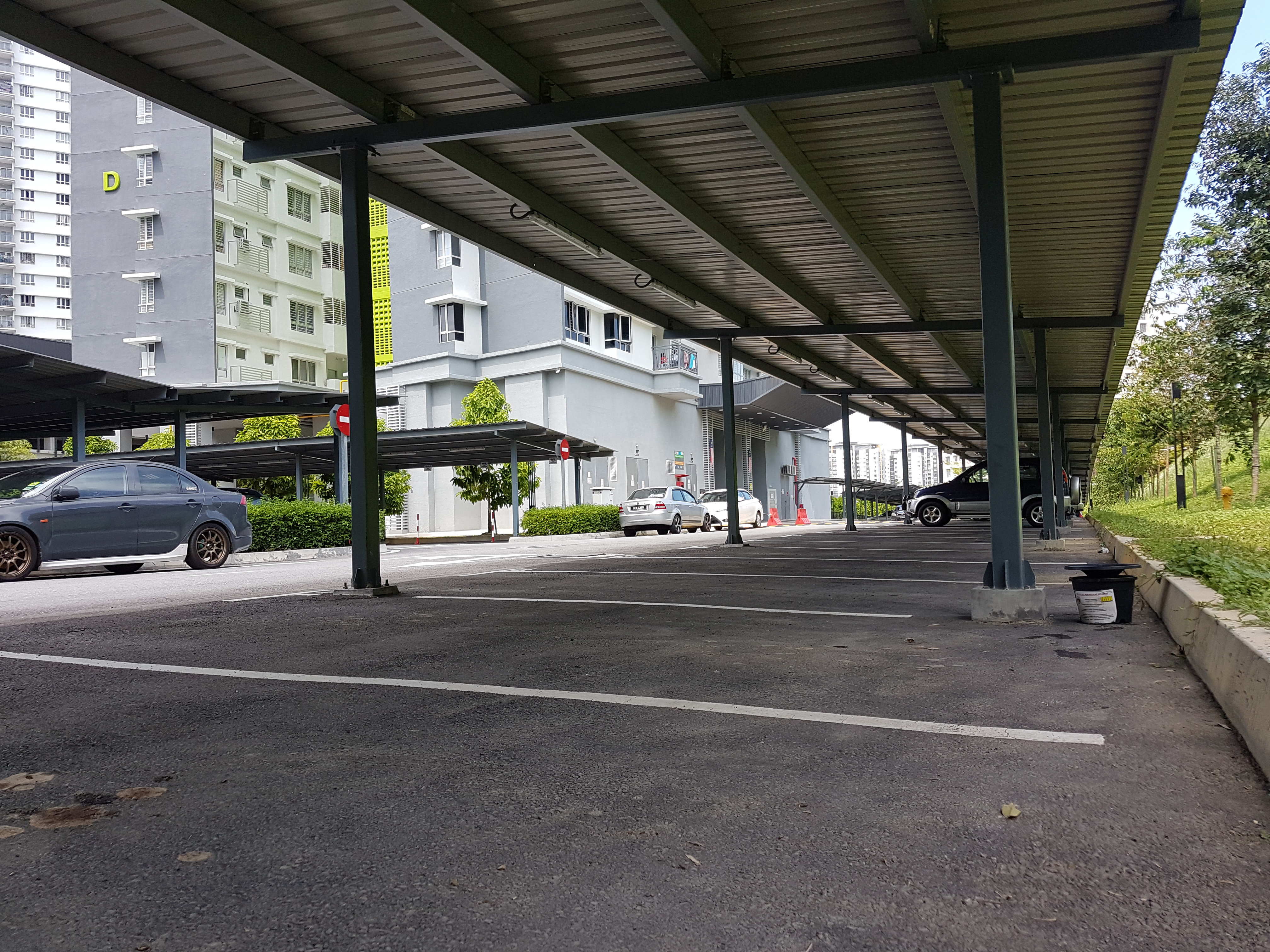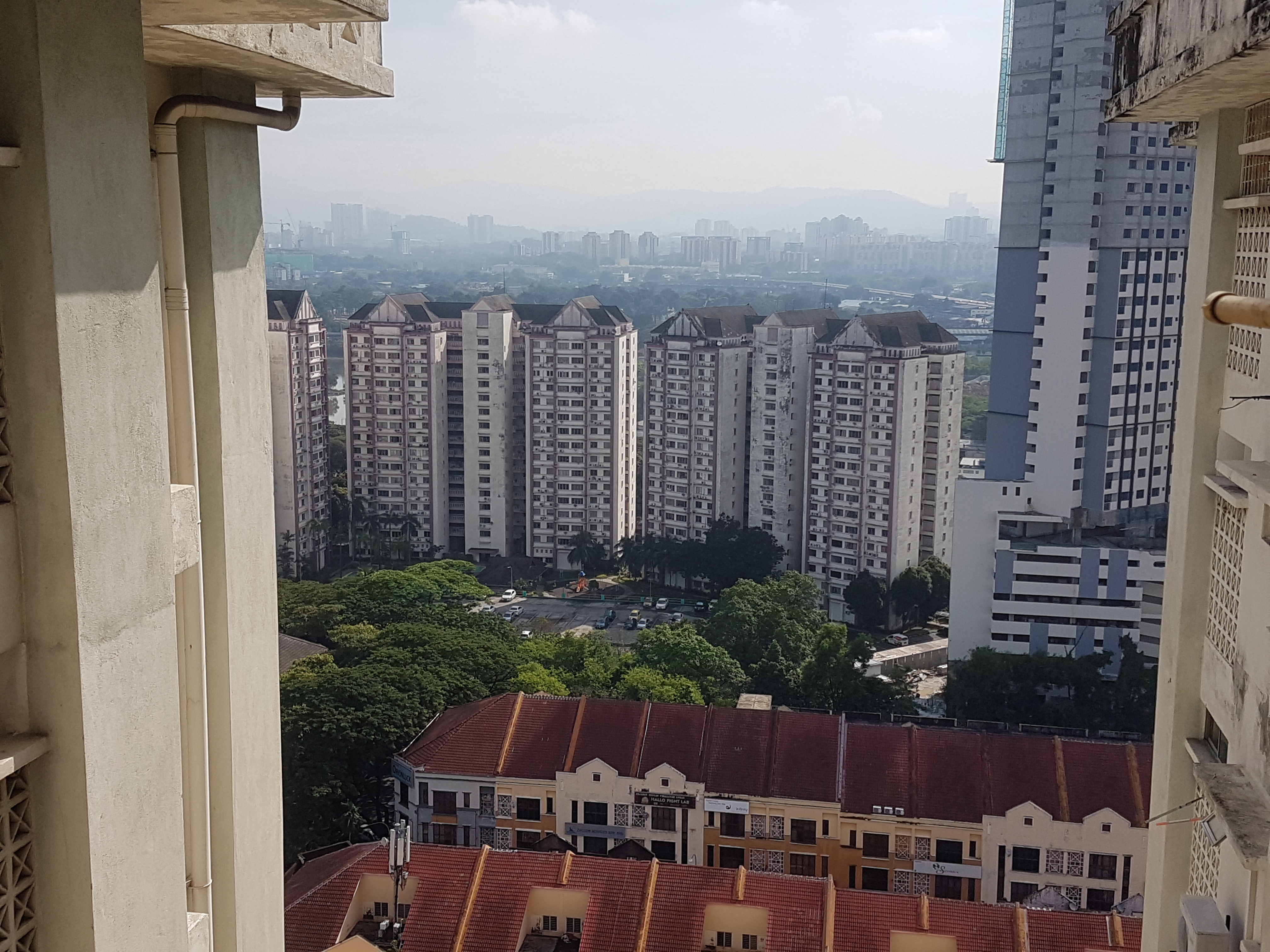
Randomized Controlled Trial for Integrated Vector Management:
Intervention for Dengue Epidemiology in Malaysia (iDEM)
Read more about the projects progress on the iDEM consortium website
Short introduction
The Intervention for Dengue Epidemiology in Malaysia (iDEM) aims to assess if Dengue control programs can be based on prevention, instead of treatment in an urban setting.
Almost 7500 In2Care® Mosquito Stations are deployed in high-rise buildings in the Federal Territory of Kuala Lumpur and Putrajaya. They will be part of an Integrated Vector Control Management (IVM) strategy to decrease the incidence of Dengue. Next to the deployment of Stations, the intervention consists of targeted outdoor residual spraying cycles every four months, and public engagement activities. The project is a consortium of public-private partners and will evaluate epidemiological and entomological impacts of the proposed IVM approach.

Integrated Vector Management (IVM) approach
Vector control cannot rely on a single solution. For sustainable impact, vector control needs to integrate multiple sectors and disciplines, linking efforts in environmental management, health education, governance, and vector control interventions in order to control new and emerging threats. The Ministry of Health of Malaysia routinely practices IVM using combinations of source reduction, providing education about dengue, larviciding, space spraying, or environmental management. The current project will complement and enhance this approach by looking at a proactive, preventive IVM program with innovations in both application and control. The program will use both chemicals and biologicals with different modes of action, targeting mosquitoes and immatures, in conjunction with community participation and education.
In2Care Mosquito Station: Auto-Dissemination Device (ADD)
Around 9000 ADDs will be deployed in high-rise buildings in the urban setting of Putrajaya and Kuala Lumpur. The strategy was adapted from In2Care’s standard advice in combination with results from a pilot study in Johor Bahru. Smart deployment of ADDs only on floors with higher expected mosquito density was found to be sufficient to reduce the mosquito population in the whole building.





iDEM in the News
Project partners





